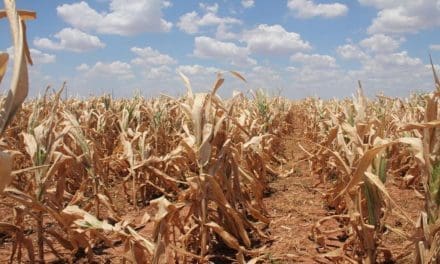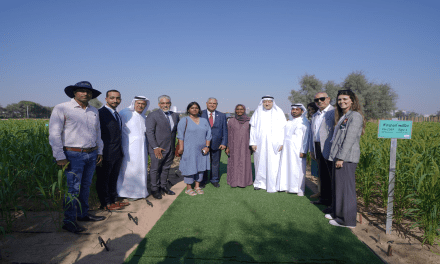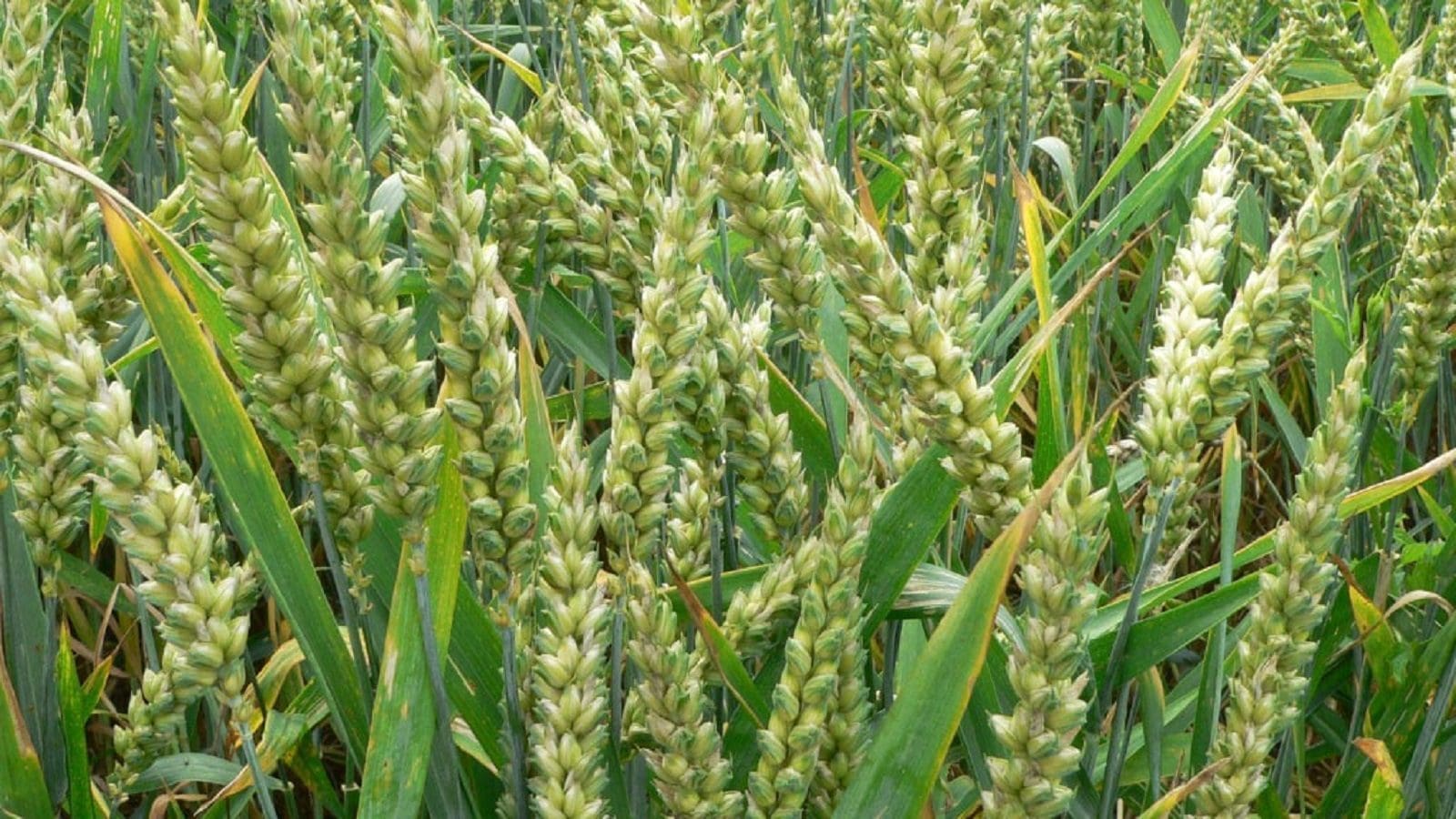EGYPT – The Agricultural Bank of Egypt (ABE) has announced that it has received the first batch of locally produced wheat in 2023, amounting to about 277,000 tonnes with a total value of about EGP 2.8bn, Daily News Egypt has reported.
Samy Abdelsadek, Deputy Chairperson of the ABE made the announcement, stating that the celebrated milestone is for the first month of the season, which started in early April.
He indicated that the output has shown a successful season compared to the quantities supplied during the same period last year.
The Agricultural Bank of Egypt (ABE) is considered to be one of the biggest agricultural banks in the Arab world and Middle East as well as one of the most important development institutions for agricultural activity in Egypt.
According to Abdelsadek, the bank is keen on supporting small wheat farmers and suppliers through an integrated system supported by the bank.
In addition, this step comes within the framework of the bank’s endeavor to increase the supply rates of local wheat to support the state’s efforts to receive and preserve the strategic wheat crop according to the specifications set by the Ministry of Supply and Internal Trade
Egypt has one of the highest per capita consumption of wheat in the world. At 180kg, the country’s per capita is almost thrice the global average.
However, with such a huge appetite, Egypt is forced to rely on imports as local wheat production, despite being the highest in Africa is unable to meet the local demand.
The recent crisis between Russia and Ukraine, however, adversely affected Egypt since 80% of the country’s imports came from the two nations.
This prompted the government to come up with measures to raise local production in line with President Abdel Fattah El-Sisi’s interest in expanding the cultivation of strategic crops, particularly wheat.
In addition, the Egyptian Cabinet has approved new incentives for Egypt’s farmers to increase the available wheat in a bid to support local production and subsequently reduce the import bill of wheat.
According to Abdelsadek, ABE has increased the number of storage sites this year to 190, with a capacity to receive about 850,000 tonnes of wheat during the season in its store in Tamiya town in Fayoum governorate.
He pointed out that all capacities and storage sites of the bank receive any amount of wheat, no matter how small, to encourage small-scale farmers to supply their crops directly to the bank, without an intermediary, and benefit from the announced price.
Additionally, Alaa Farouk, Chairperson of the ABE, highlighted the importance of developing several new policies to provide all facilities to farmers and suppliers to facilitate the supply of their crops to the bank’s storage capacities.
With the systems in place, it is easy to facilitate the procedures for suppliers, as it enables them to disburse the financial value of the quantities supplied in cash or through the suppliers’ bank account in 48 hours at most.
For all the latest grains industry news from Africa, the Middle East and the World, subscribe to our weekly NEWSLETTERS, follow us on LinkedIn and subscribe to our YouTube channel










